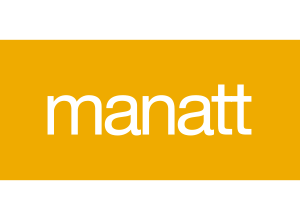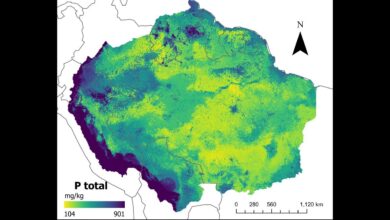‘Godfather of AI’ advises UK government to start UBI

Geoffrey Hinton, a world-renowned artificial intelligence (AI) expert often referred to as the “Godfather of AI,” recently consulted with members of the United Kingdom’s government at Downing Street where he advised lawmakers to consider adopting a universal basic income (UBI) to deal with the impending threat of job loss.
Until recently, Hinton worked for Google developing high-level AI features for neural networks — the underlying technology that powers most modern generative AI systems such as Google’s Gemini and OpenAI’s ChatGPT.
According to Hinton, the AI revolution will mostly benefit the rich. Laypersons, blue collar workers, and those employed in jobs that can be automated stand to lose their means of income and “that’s going to be bad for society” he recently told the BBC in an interview.
“I was consulted by people in Downing Street,” said Hinton, “and I advised them that universal basic income was a good idea.”
Hinton isn’t the only major player in the field of AI who believes that we’ll need UBI to offset the impact automation will have on the human economy.
Prior to becoming one of the most famous CEOs in the tech industry, OpenAI co-founder Sam Altman studied under Hinton and helped pioneer the neural network. These days, Altman is known for his tenure as OpenAI’s top brass as well as his full-throated support for UBI.
Altman’s other venture, Worldcoin, is focused on providing UBI through the adoption of a cryptocurrency token provided free of charge to anyone who signs up for the service and submits to a retinal scan to verify their identity.
Aside from saving humanity from employment displacement through the advent of UBI, both Hinton and Altman have expressed their belief that AI could pose an existential threat to humanity.
Hinton reportedly left his post at Google so that he could speak more freely about his concerns over the impact AI could have on the future of our species. And Altman, for his part, claims the entire reason he co-founded OpenAI with Elon Musk and others was to ensure that advanced AI systems were developed carefully and for the benefit of humanity.
In his recent BBC interview, Hinton said we may only have a handful of years before the threat becomes imminent:
“My guess is in between five and 20 years from now there’s a probability of half that we’ll have to confront the problem of AI trying to take over.”
Related: AI safety researchers leave OpenAI over prioritization concerns



